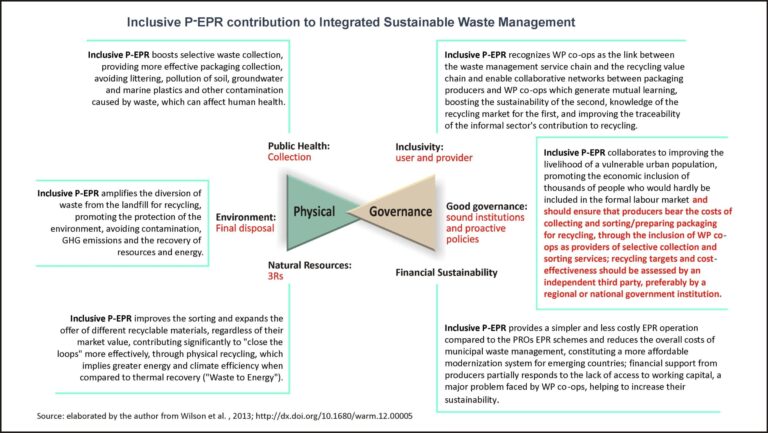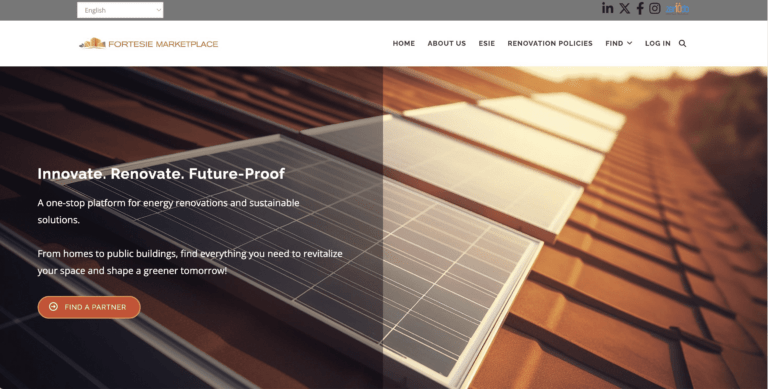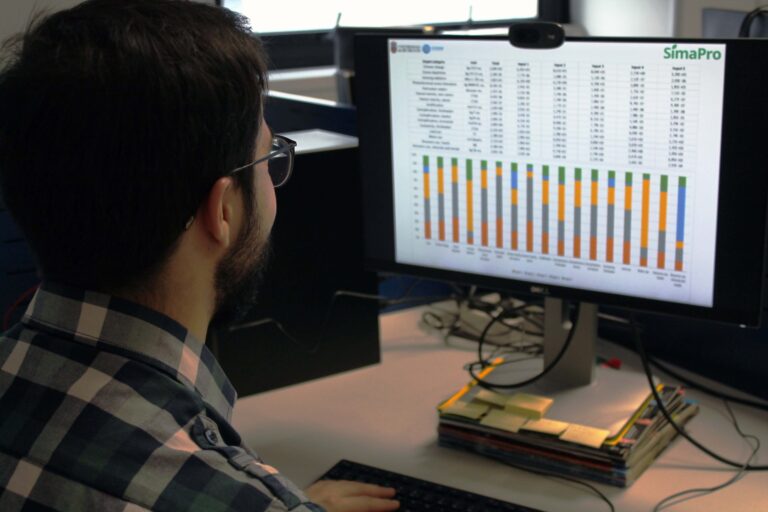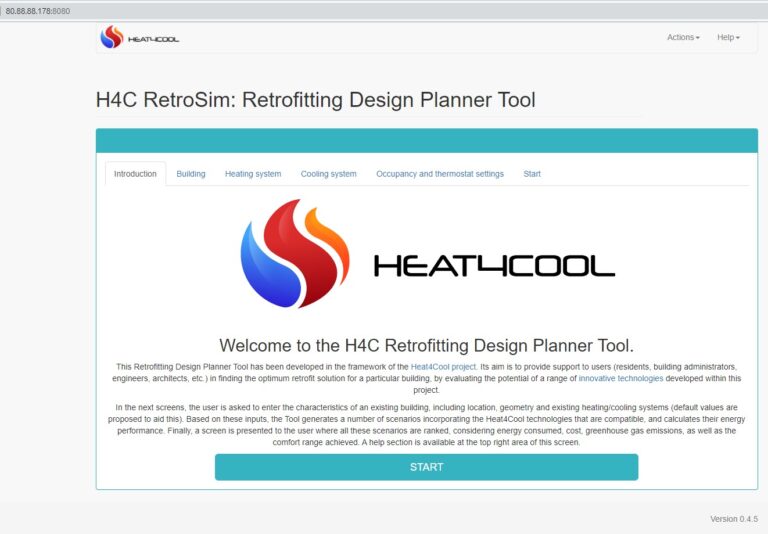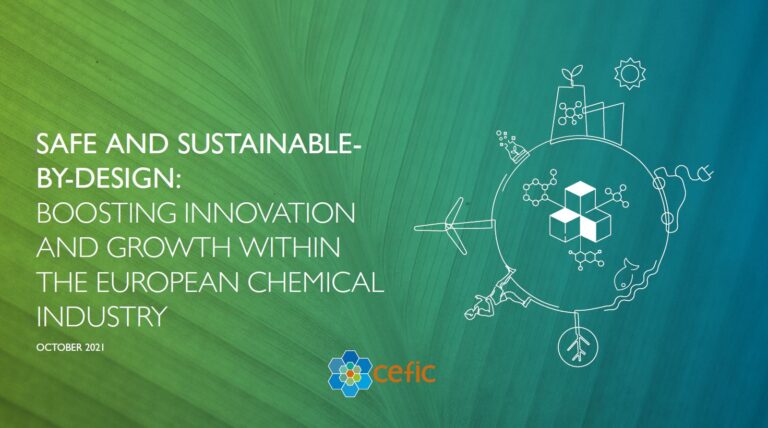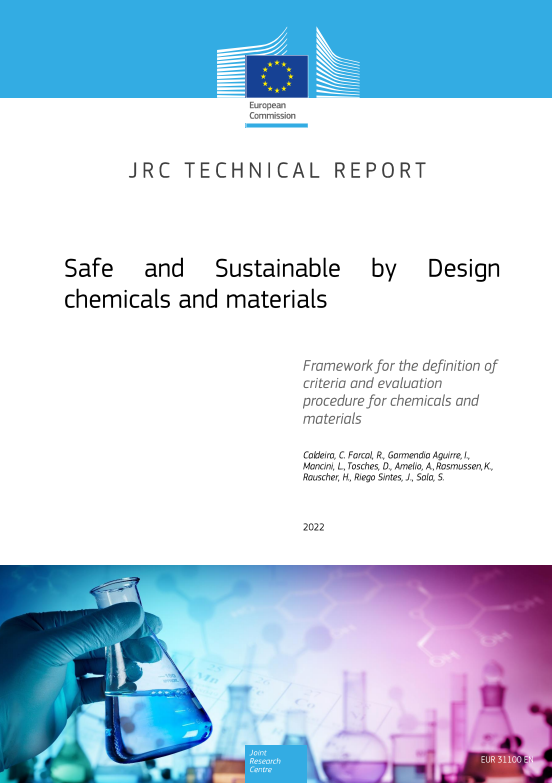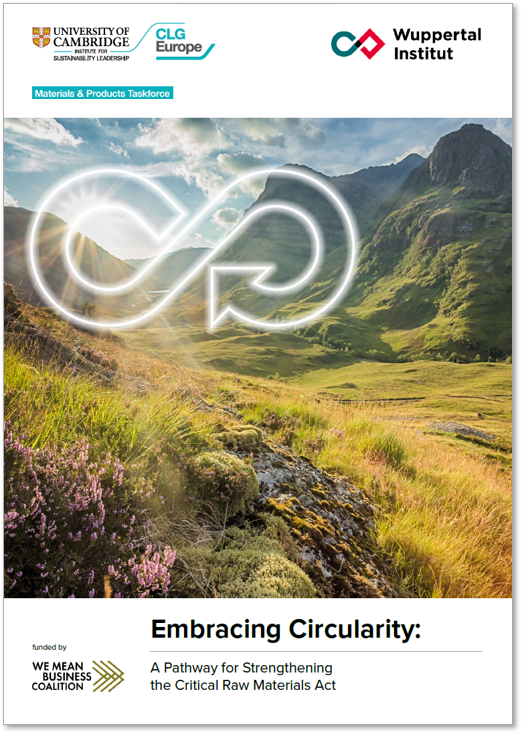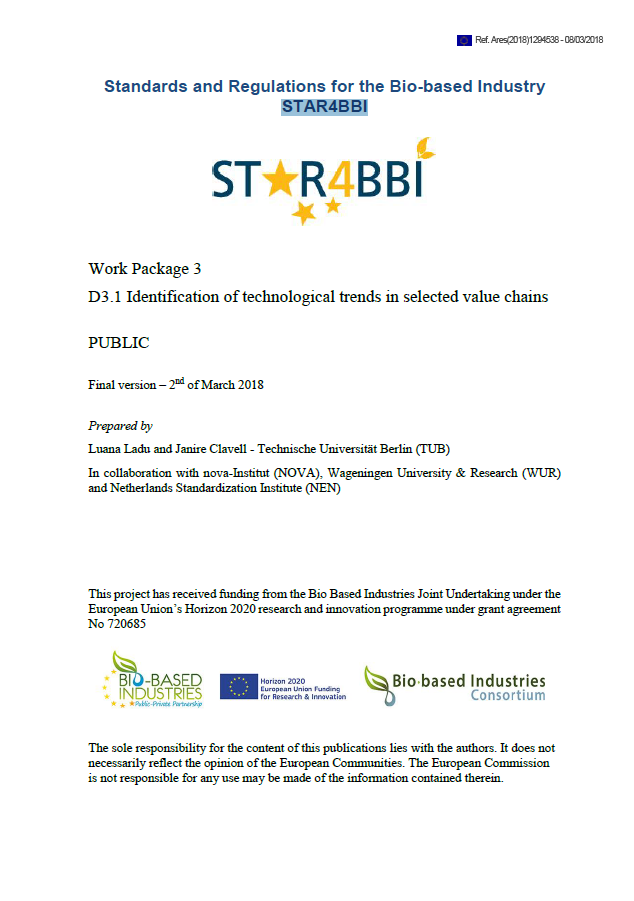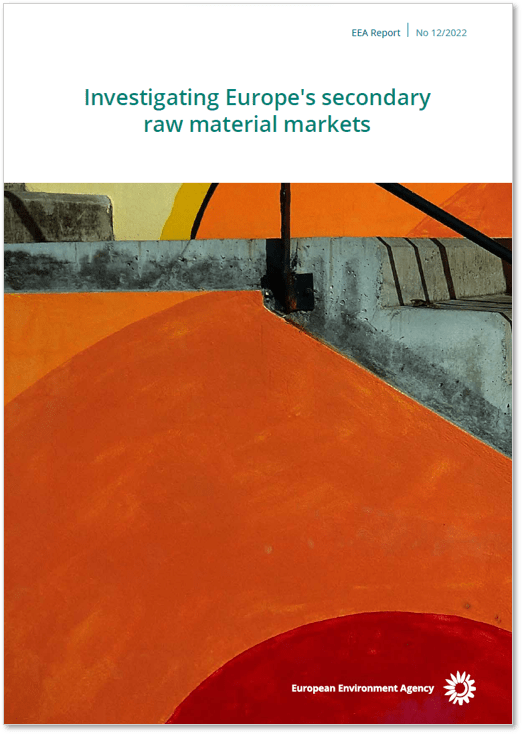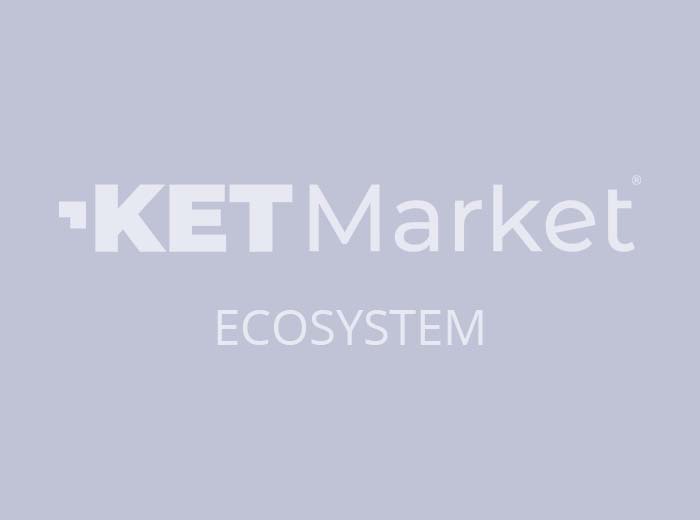Add to favorites:
Share:
Successful proposals will contribute to the implementation of the EU Bioeconomy Strategy and its action plan, the Circular Economy Action Plan, the EU Zero pollution ambition for a toxic-free environment under the Chemicals Strategy for Sustainability and the Zero Pollution Action Plan,as well as the EU Industrial strategy.
Projects results are expected to contribute to the following expected outcomes:
- Full-scale biorefinery based on a retrofitted industrial plant towards bio-based products with a higher value than the ones produced in the old configuration.
- Deployment of a competitive, replicable, regional/local business model, encompassing all segments of the value chain, centred on the reconfiguration of the targeted industrial site.
- Improvement in overall sustainability and circularity compared to the old configuration.
- Increased value for society, in terms of direct and indirect employment at local and regional levels, considering also maintaining jobs in plants risking closure/downsizing.
Europe is home to many industrial facilities, that are currently redundant, under-exploited, or are becoming obsolete. Their infrastructures nonetheless represent a valuable asset that can contribute to European bioeconomy when converted to biorefineries – an approach exemplified in a number of large-scale projects across Europe. Benefits of exploiting existing plants include easier permits, reduction of CAPEX and other economic and technological benefits (e.g., shorter lead times, faster implementation, fewer production time losses and lower risks compared to fully greenfield plant construction). However, significant challenges are also related to such projects in terms of conversion of industrial equipment, establishing bio-based value chains and reskilling of the workforce. Both existing biorefineries and fossil-based industrial plants on brownfield are in scope of this topic as a target of the retrofitting action. Greenfield implementation is out of scope.
Proposals under this topic should:
- Retrofit an existing industrial facility with innovative and sustainable biomass conversion process(es), yielding more valuable product(s) than the one(s) produced with the old process(es).
- Demonstrate the production of bio-based chemicals and/or materials (reaching end TRL 8) and their further conversion into end-product(s) (end TRL 6 or higher) to be validated in market-relevant application(s). Moreover, proposals should also address cascading valorisation of residual streams across the value chain. Food/feed ingredients are not in scope.
In addition to the specific requirements applicable for the type of action, as described in section 2.2.3.1 of the CBE JU Annual Work Programme 2025[1], proposals under this topic should:
- As part of the Multi-Actor Approach, establish the full value chain including biomass supply and logistics, with the appropriate involvement of biomass providers, fostering the creation or enhancement of a local/regional ecosystem centred around the biorefinery.
- Design training programme(s) for upskilling/reskilling the workforce of the retrofitted biorefinery as well as the related ecosystem workforce and test the practical implementation of such training programme(s).
- Include a task to apply the safe-and-sustainable-by-design (SSbD) framework, developed by the European Commission. Under this context, projects are expected to also contribute with and develop recommendations that can advance further the application of the SSbD framework.[2]
- Ensure complementarities with past and ongoing R&I projects addressing similar challenges, including projects funded under Horizon 2020 / Horizon Europe (under Cluster 6 and other Clusters of Horizon Europe) and BBI JU/CBE JU projects.[3]
[1] https://www.cbe.europa.eu/reference-documents
[2] More specifically, provide thresholds that can support the criteria definition and improvements for the assessment SSbD methodologies, including any specificities related with bio-based chemicals. Recommendations should also include identification of data gaps, especially safety, environmental, but also socio-economic factors, as well as priorities for data collection.
[3] For example, BBI JU-funded Flagship project FIRST2RUN, RESOLUTE, SUSTAINEXT and VIOBOND, CBE JU-funded Flagship projects TERRIFIC and CIRCLE. The list is not exhaustive.
Expected Outcome
Successful proposals will contribute to the implementation of the EU Bioeconomy Strategy and its action plan, the Circular Economy Action Plan, the EU Zero pollution ambition for a toxic-free environment under the Chemicals Strategy for Sustainability and the Zero Pollution Action Plan,as well as the EU Industrial strategy.
Projects results are expected to contribute to the following expected outcomes:
- Full-scale biorefinery based on a retrofitted industrial plant towards bio-based products with a higher value than the ones produced in the old configuration.
- Deployment of a competitive, replicable, regional/local business model, encompassing all segments of the value chain, centred on the reconfiguration of the targeted industrial site.
- Improvement in overall sustainability and circularity compared to the old configuration.
- Increased value for society, in terms of direct and indirect employment at local and regional levels, considering also maintaining jobs in plants risking closure/downsizing.
Scope
Europe is home to many industrial facilities, that are currently redundant, under-exploited, or are becoming obsolete. Their infrastructures nonetheless represent a valuable asset that can contribute to European bioeconomy when converted to biorefineries – an approach exemplified in a number of large-scale projects across Europe. Benefits of exploiting existing plants include easier permits, reduction of CAPEX and other economic and technological benefits (e.g., shorter lead times, faster implementation, fewer production time losses and lower risks compared to fully greenfield plant construction). However, significant challenges are also related to such projects in terms of conversion of industrial equipment, establishing bio-based value chains and reskilling of the workforce. Both existing biorefineries and fossil-based industrial plants on brownfield are in scope of this topic as a target of the retrofitting action. Greenfield implementation is out of scope.
Proposals under this topic should:
- Retrofit an existing industrial facility with innovative and sustainable biomass conversion process(es), yielding more valuable product(s) than the one(s) produced with the old process(es).
- Demonstrate the production of bio-based chemicals and/or materials (reaching end TRL 8) and their further conversion into end-product(s) (end TRL 6 or higher) to be validated in market-relevant application(s). Moreover, proposals should also address cascading valorisation of residual streams across the value chain. Food/feed ingredients are not in scope.
In addition to the specific requirements applicable for the type of action, as described in section 2.2.3.1 of the CBE JU Annual Work Programme 2025[1], proposals under this topic should:
- As part of the Multi-Actor Approach, establish the full value chain including biomass supply and logistics, with the appropriate involvement of biomass providers, fostering the creation or enhancement of a local/regional ecosystem centred around the biorefinery.
- Design training programme(s) for upskilling/reskilling the workforce of the retrofitted biorefinery as well as the related ecosystem workforce and test the practical implementation of such training programme(s).
- Include a task to apply the safe-and-sustainable-by-design (SSbD) framework, developed by the European Commission. Under this context, projects are expected to also contribute with and develop recommendations that can advance further the application of the SSbD framework.[2]
- Ensure complementarities with past and ongoing R&I projects addressing similar challenges, including projects funded under Horizon 2020 / Horizon Europe (under Cluster 6 and other Clusters of Horizon Europe) and BBI JU/CBE JU projects.[3]
[1] https://www.cbe.europa.eu/reference-documents
[2] More specifically, provide thresholds that can support the criteria definition and improvements for the assessment SSbD methodologies, including any specificities related with bio-based chemicals. Recommendations should also include identification of data gaps, especially safety, environmental, but also socio-economic factors, as well as priorities for data collection.
[3] For example, BBI JU-funded Flagship project FIRST2RUN, RESOLUTE, SUSTAINEXT and VIOBOND, CBE JU-funded Flagship projects TERRIFIC and CIRCLE. The list is not exhaustive.
Partner Requests
Explore Real Collaboration Opportunities
🔍 As a logged-in member, you now have exclusive access to all active Partner Requests for this Funding Call.
See who’s looking for collaborators, explore exciting project ideas, and discover how others are planning to make an impact.
💡 Use these insights to get inspired—or take the next step and start a request of your own (3 entries for free).
Log in or registrate here for free.
You must be logged in to submit or manage a partner request.
Ask our experts about this call
Connect with the Listing Owner!
💬 Please log in now to send a direct message to our experts and ask your questions. Not a member yet? Sign up for free and start connecting today!
Related Funding and Finance Opportunities
Unlock Exclusive Funding Opportunities!
🔑 Get instant access to tailored funding opportunities that perfectly match your needs. This powerful feature is exclusively available to our premium members—helping you save time, stay ahead of the competition, and secure the right funding faster.
Upgrade to Premium now and never miss an important opportunity again! Already a premium member? Log in here to explore your matches.
Related Innovation Offers
Related Knowledgebase Resources
Discover More with Premium: Related Knowledge Resources
🔒 You’re missing out on expert-curated knowledge specifically matched to this topic. As a Premium member, you gain exclusive access to in-depth articles, guides, and insights that help you make smarter decisions, faster.
Whether you’re preparing a funding proposal, researching a new market, or just need reliable information—our Premium knowledge matches save you hours of research and point you directly to what matters.
Upgrade to Premium now and instantly unlock relevant knowledge tailored to your needs! Already a member? Log in here to view your personalized content.




































